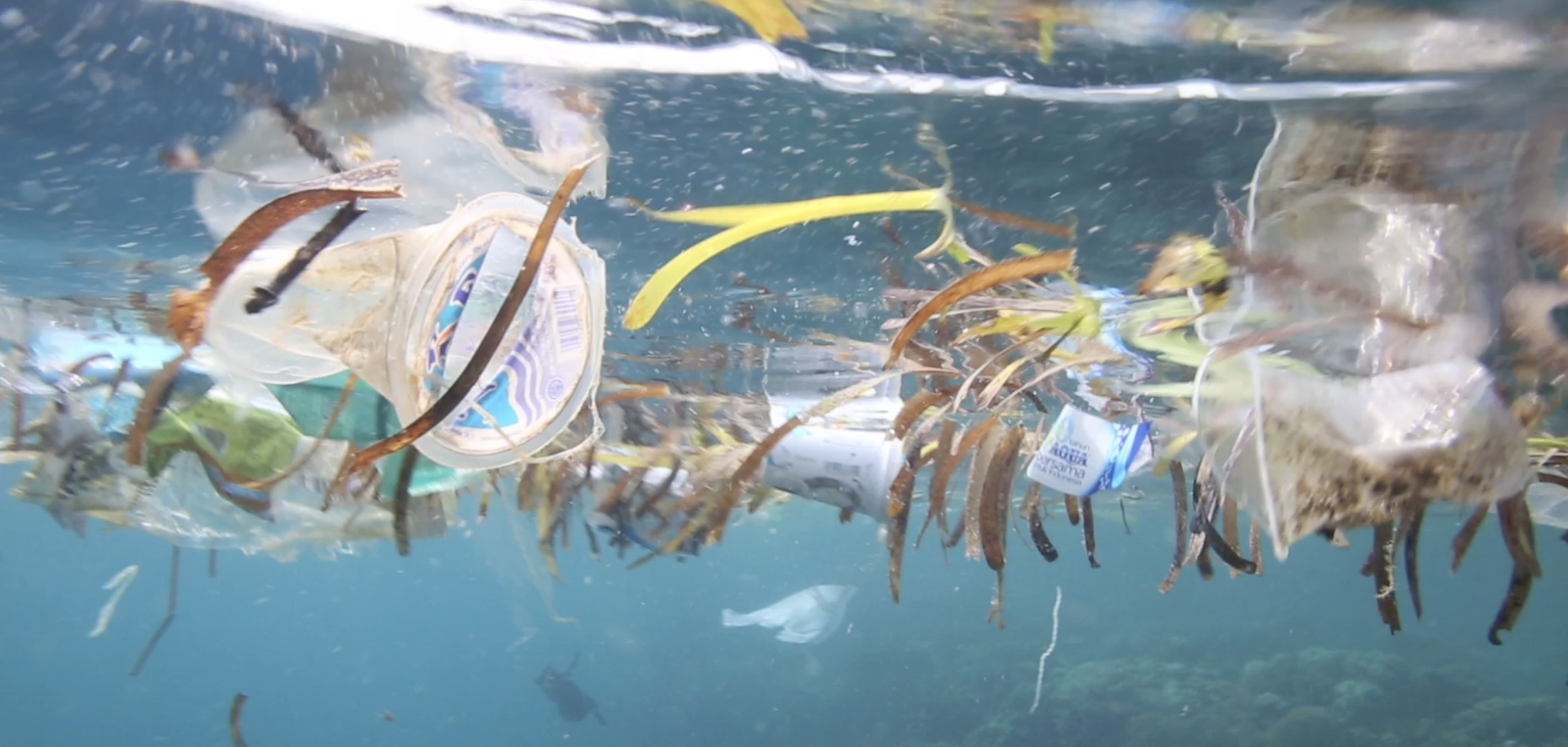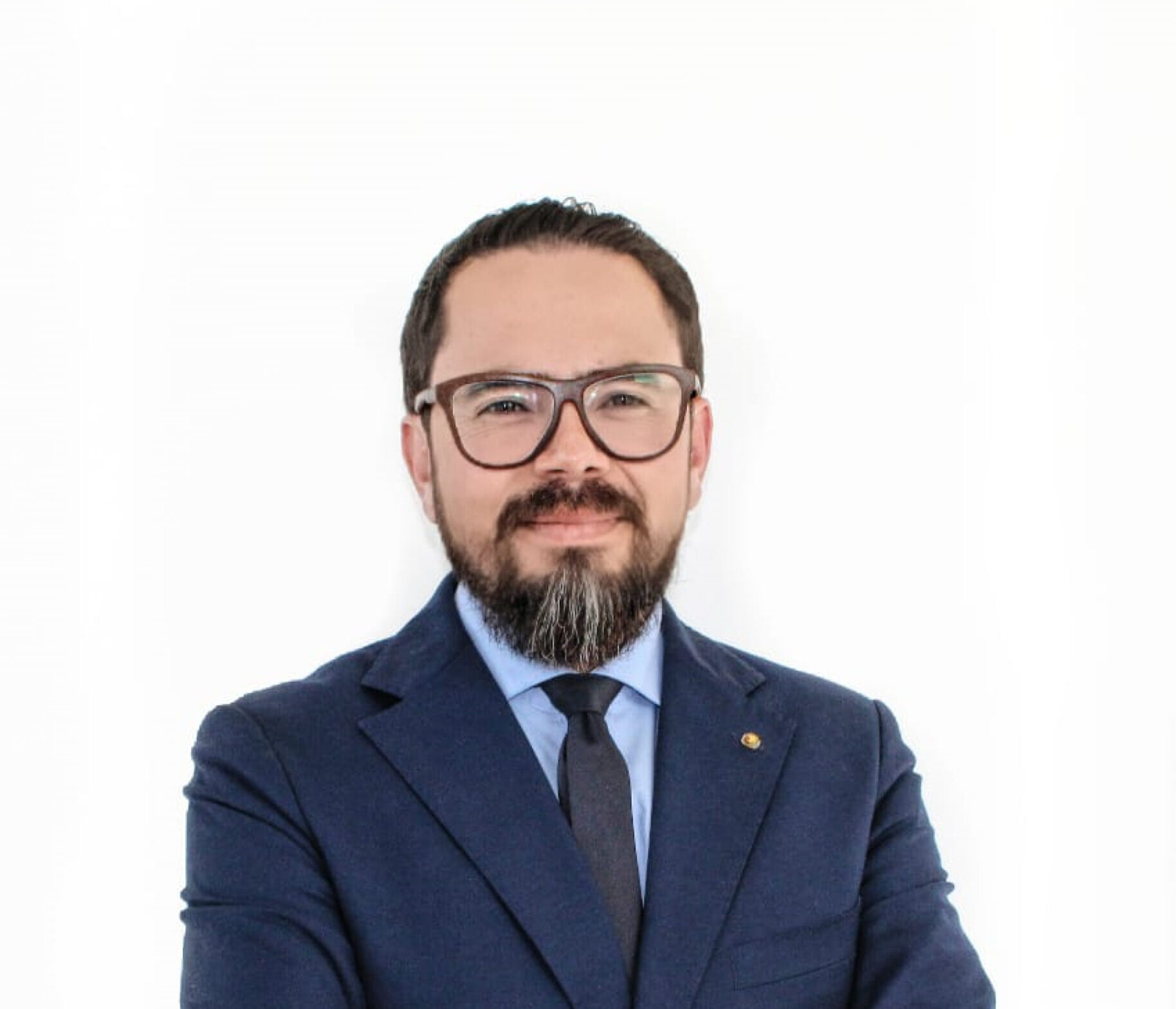Now there is no doubt in the public debate: Plastic pollution is an existential threat to humanity[1]. The residues of the synthetic material created around a century ago are destroying marine life every second, including the natural bank of protein for all of us. With the current trend, we will have more plastic than fish in the oceans by 2050[2], and this sounds like a scary apocalyptic world to live in. Regarding the impact on people, studies have identified that plastic particles – called microplastics – are already part of our bloodstream, lungs, and even our gut[3]. The impact of this on our health is yet to be fully determined.

For these reasons, it is extremely important to take actions that will effectively cut plastic pollution. As such, governments around the world are negotiating a legally binding agreement called the Global Plastics Treaty, which is having its second round of negotiation talks starting the 29th of May 2023. For this event, several organisations are procuring analyses with the aim to inform the policy that is expected to be concluded in 2024. The general objectives of the treaty are to end plastic pollution, protect human health and the environment, and reduce the production, use, and discharge of plastics across their life cycle[4].
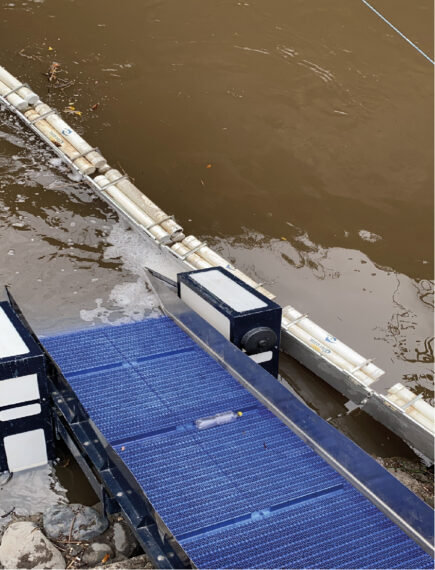
There are important challenges ahead, and an extremely important one is to be able to identify – from thousands of products – which are the ones creating the most impact. Currently, the debate refers to them as “single-used”, “short-lived” and “unnecessary”[5]. This aspect is crucial to consider, especially when the public debate previously spent huge energy, efforts, and resources to shape policy that has promoted the ban of products, such as plastic straws, which are only a tiny fraction of an immense problem, representing less than 1%[6].
The answer to this is technology. Our company, Ichthion Limited, which develops technology to stop the flow of plastics in rivers before they end in the ocean, has been working for three years with seven other organisations on community-first, data-centric interventions in rivers around the world. Together, we have been able to capture, remove, collect, and analyse over 1,300,000 kilograms of ocean-bound plastic from rivers worldwide[7]. As part of this journey, we worked with several communities in developing countries, where the problem is immense, and the conclusion that we reached is that only with data from rivers can we identify the products that pollute the most, and that this can vary depending on each country.
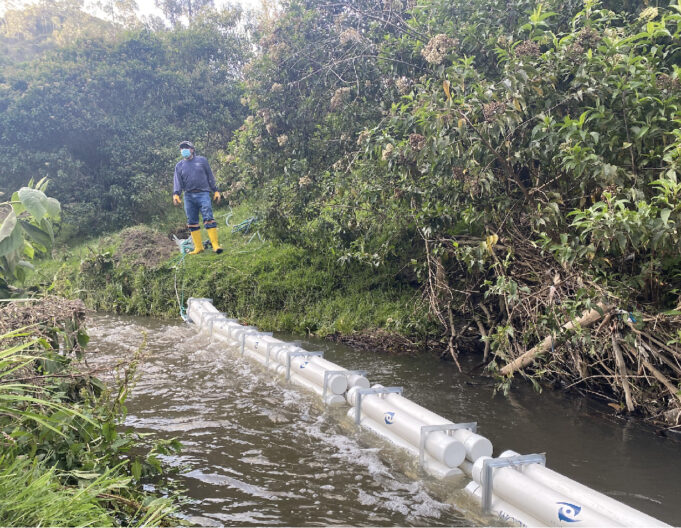

Our company now operates in four rivers and has assessed eight, including the Motagua River in Guatemala, which is considered one of the most polluted rivers in the world. What we have found in these years is that the only way to assess the effectiveness of a change in policy and transformations in industry, as well as waste management systems, is to analyse rivers, as they are the main arteries of nature. In rivers, we can see if there is an improvement, or on the contrary, a negative effect of any change.
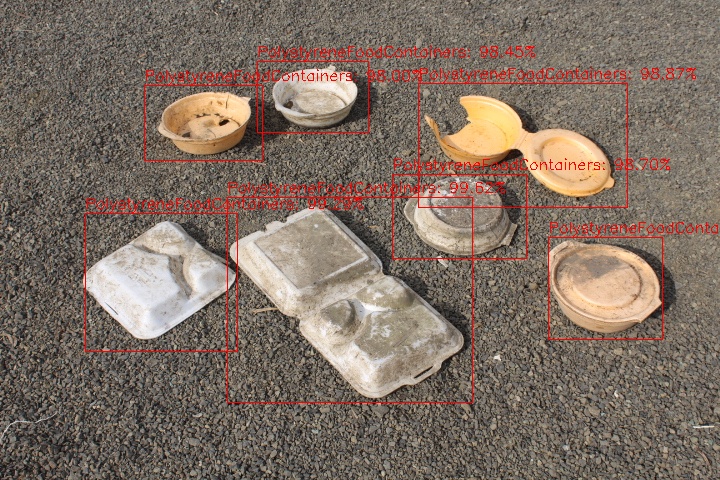
The Global Plastics Treaty is giving humanity a unique and indispensable opportunity to turn off the tap of plastics finding their way into the environment. We believe that is essential for treaty negotiators and implementers to consider how to accurately define the plastic products that pollute the most. Technologies in rivers give us the answers to this question. With these innovations, we can also assess the real impact of new policies and promote transformations in industrial processes, as well as waste management systems. We cannot fight against one of our biggest existential threats without data.
[1] (Environmental Investigation Agency, 2021)
[2] (International Atomic Energy Agency, 2022)
[3] (National Geographic , 2023)
[4] (UN Environment programme, 2023)
[5] (WWF, 2023)
[6] (Stanford University, 2018)
[7] (Clean Currents Coalition, 2023)
